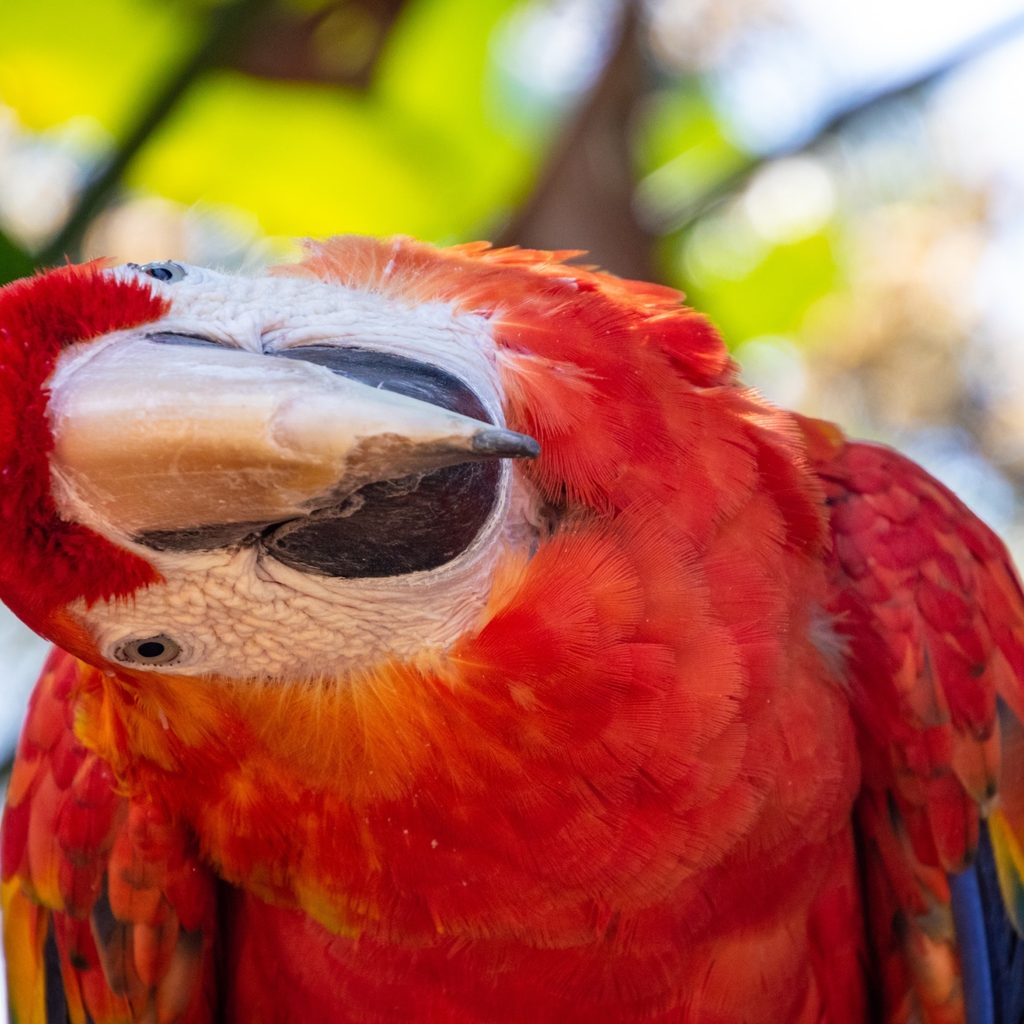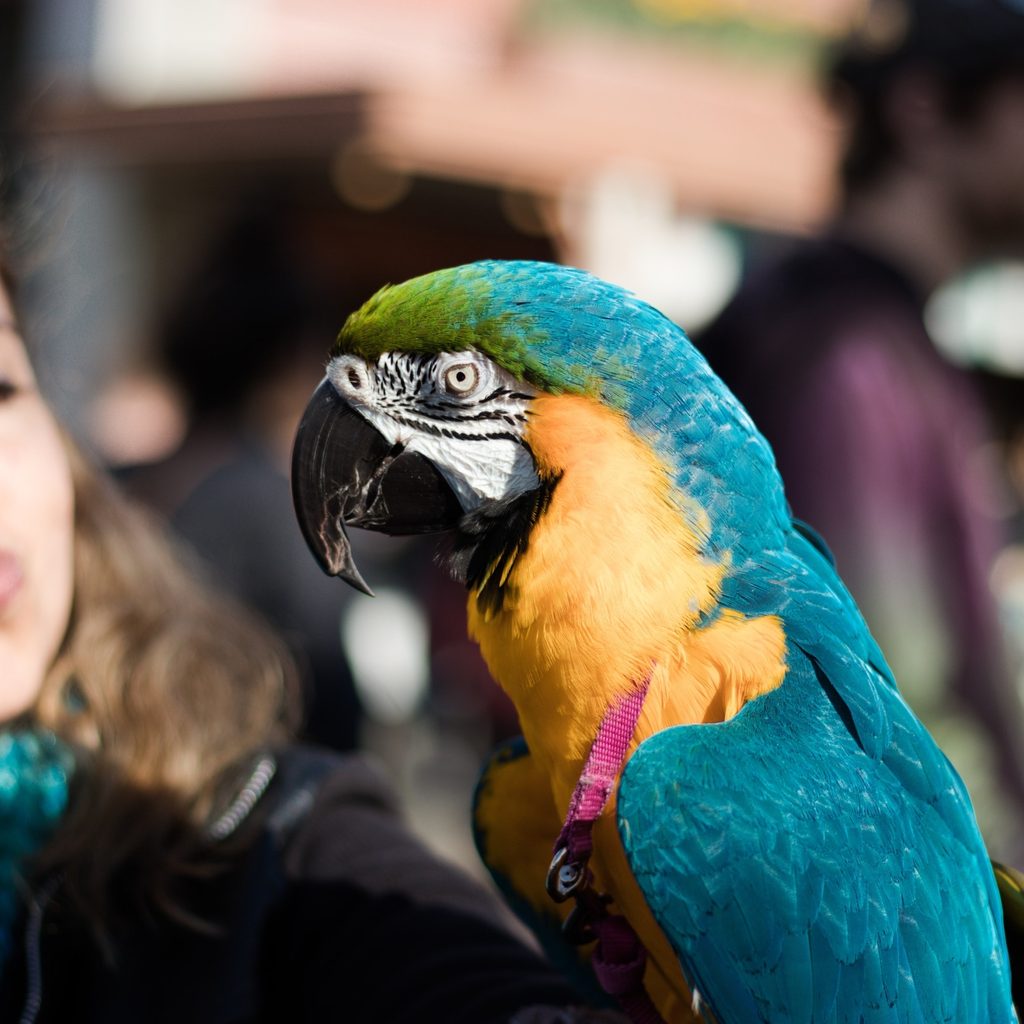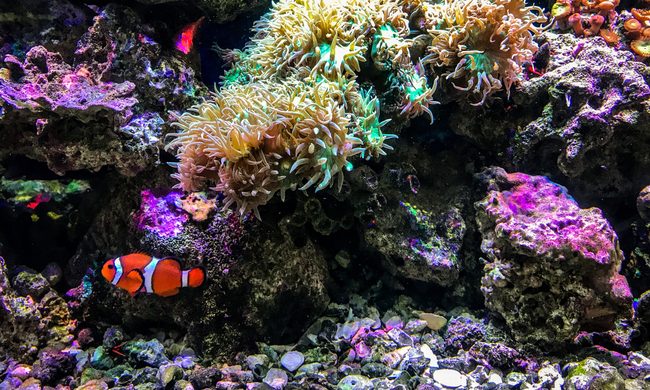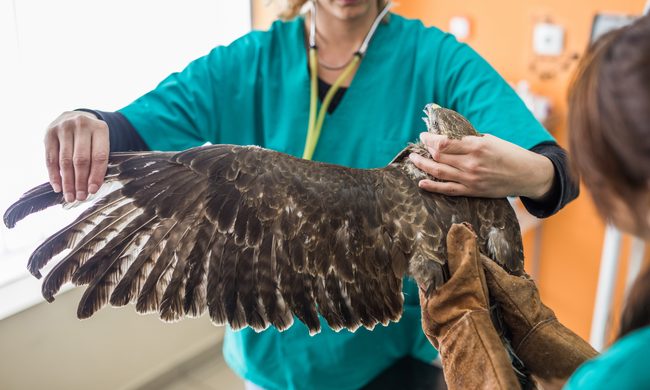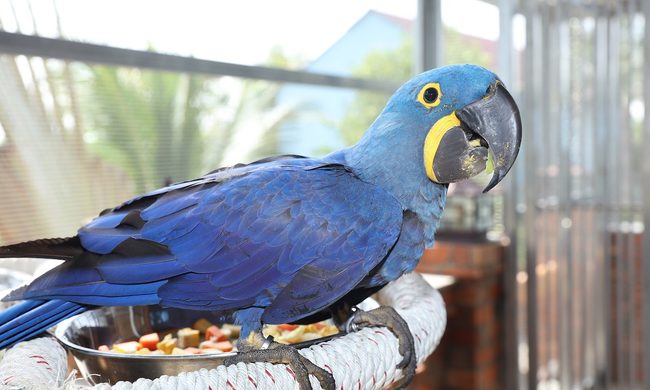As bird owners, we’re used to our pets doing all sorts of wacky things. One of the funniest has to be the head bob, which has caused many avian enthusiasts to turn their own heads quizzically. Are they trying to see better? Indicating confusion? Planning a nip? While it’s not quite any of those, bird head bobbing can mean all sorts of interesting things. So, why do parrots bob their heads? Here’s what your animal’s head nod might really mean.
They’re hungry
When baby birds want a snack, they often wobble their heads at their mothers. This encourages mama parrot to feed them (yes, by regurgitating into their mouths; don’t think about it too much). Of course, this also acts as a natural reward system since it gets the baby exactly what it wants. So, you may find your little bird never quite grows out of the head-bobbing when he wants a snack. Try feeding him first if it’s mealtime, and you’ll know you got it right when he ceases his dance after breakfast.
They want attention
When they were little, especially if you took the place of bird Mom, food meant attention and probably handling. This head bob could actually be connected to feeding but means something different. Next time your little guy wobbles, it could be time for a few head strokes. If your house (and your day) is set up for it, take your bird around with you and give him a little extra love. We can’t promise he’ll stop, though. Every time you pet him afterward, you remind him that his little trick works.
They’d like to play
It’s playtime! Yes, your happy friend may bob his head in anticipation of the day’s activity. This could be general excitement and a positive outlook. He’s not really telling you to do anything, and you don’t have to stop your day, but don’t be surprised if you get the nod when you pull out his favorite toy. You’ll definitely know you got it right when he doubles his head shake the second he sees a new game.
They know you’re besties
Just as parrot babies bob, parrot mommies sometimes wiggle their faces during feeding as a natural part of regurgitation. Your bird likes to remind you of the bond you both share and shows his love and affection the only way he knows how. If you look into his eyes and he gives you that playful head shake, go ahead and do it back to him. At least take it as a compliment that he would want to share his food with you, even if it’s already been eaten.
They got mad
We saved this one for last for a reason. We don’t recommend jumping straight to this conclusion as the other reasons are equally likely (more so even). However, if your bird exhibits other signs of stress or gives you the stink eye, it may mean something is bothering him. You’ll probably easily recognize an angry bird as opposed to a happy one, and we bet you’ll pick up on this right away. Note any changes to his routine or home life that might be the cause. Keep in mind, this could be simple jealousy if you’ve recently added a new pet or a human partner whom he now has to share you with. Check his surroundings, too, for any new objects and keep track if he does this consistently at the same time every day. Remember, birds see a bit differently, so the offending item may not be immediately obvious to your eyes.
While a head bob can be a sign of many different things, you know your bird best and will have the best chance of discovering what’s going on in his mind. Sometimes you’ll have to go by feeling to determine his mood. Luckily, head-nodding means more good things than bad, and you don’t have to worry too much about missing the mark. Of course, if it’s accompanied by other strange behavior like a loss of appetite or excessive plucking, it means a trip to the vet is in order. More likely, though, he’s just happy to see you.

